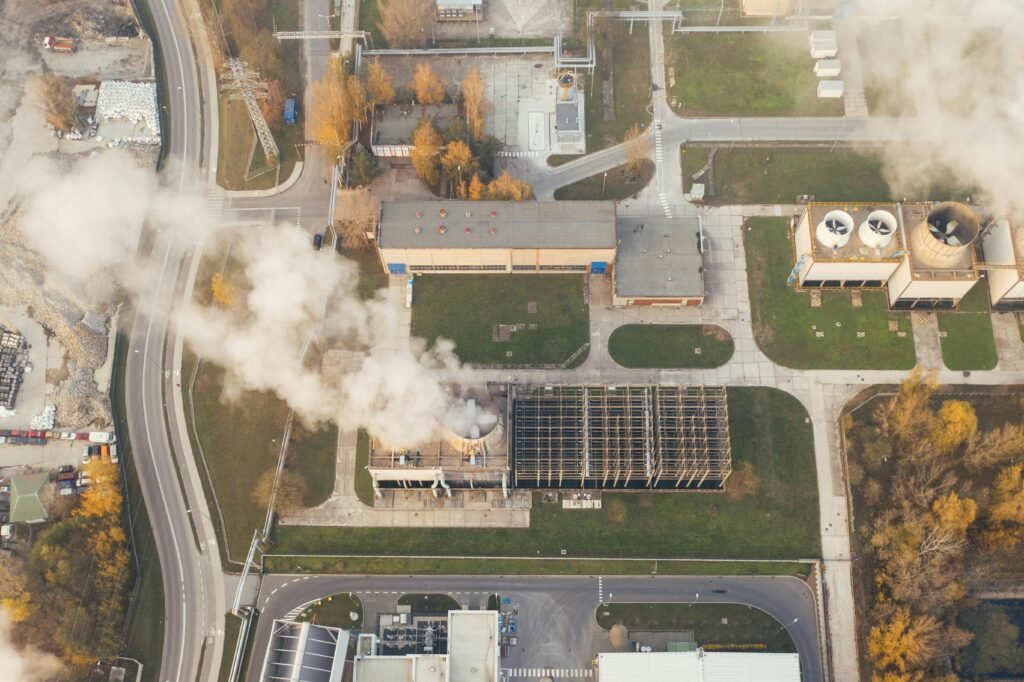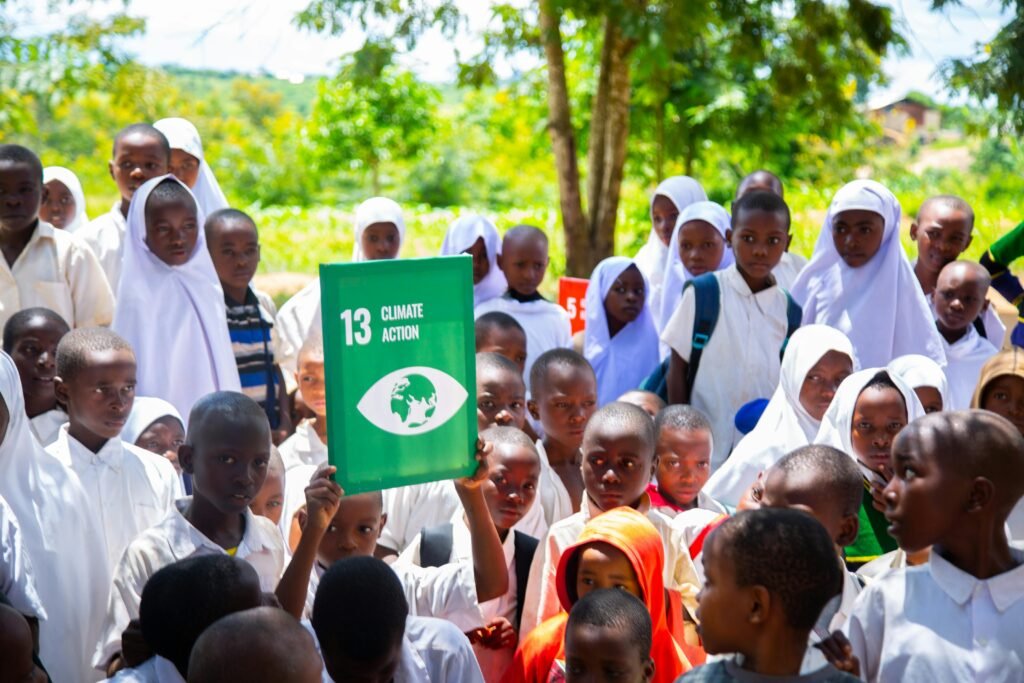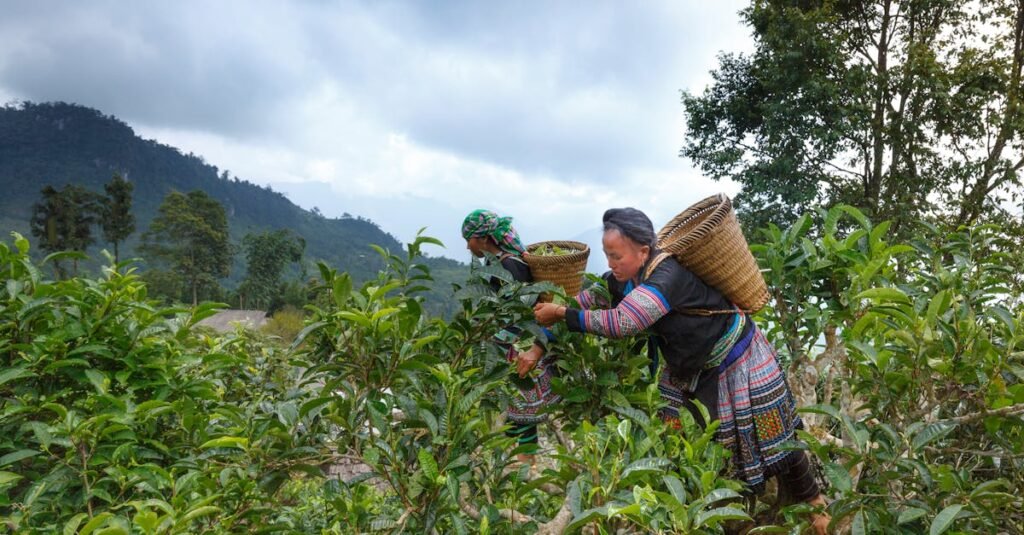Discover Trend Nova World Social Sector’s mission to advance UN SDGs through global partnerships and innovative solutions. Learn how they empower communities, protect the planet, and drive sustainable change across 193 countries.

In a world facing challenges like poverty, climate change, and inequality, Trend Nova World Social Sector stands out as a beacon of hope and action. As a vital pillar of Trend Nova World, a premier multi-sector consultancy headquartered in London and operating across 193 countries on all seven continents, this division is dedicated to advancing the United Nations’ 17 Sustainable Development Goals (SDGs). Since 2016, Trend Nova World has delivered over 1.2 million outcomes, blending innovation, global expertise, and a passion for impact. With strategic hubs in London, Istanbul, Athens, Dubai, Singapore, Doha, Minsk, and Geneva, and a workforce of over 5,000 professionals, the Social Sector harnesses the company’s cross-sector strengths in HR, logistics, real estate, fashion, and tech & education to drive transformative change. Let’s explore how they’re making a difference, one community at a time, and how you can join this global movement.
A Mission Built on Collaboration
The Social Sector’s heartbeat is SDG 17: Partnerships for the Goals. They know that solving global issues requires teamwork across borders, industries, and communities. By forging alliances between governments, NGOs, Fortune 500 firms, startups, and local groups, they amplify impact to achieve all 17 SDGs by 2030. Their license-light model ensures flexibility, allowing them to adapt quickly to local needs while scaling solutions globally. With over 50,000 jobs created since 2016, they’re on track to reach 100,000 sustainable jobs by 2030, with 60% targeted for underrepresented groups in Africa (30%), South America (20%), and Asia (10%).
What makes Trend Nova World unique is its integrated approach. The Social Sector doesn’t work in isolation—it taps into the company’s other divisions. HR expertise trains workers for green jobs, logistics delivers aid efficiently, real estate supports sustainable urban planning, fashion promotes ethical production, and tech & education powers learning platforms. This synergy creates a powerful engine for change, delivering results that resonate from rural villages to bustling cities.
Empowering Communities: SDGs 1–6
The Social Sector’s work begins with people, focusing on SDGs 1 through 6 to uplift lives and ensure no one is left behind.
No Poverty (SDG 1): Poverty is more than a lack of money—it’s a lack of opportunity. Trend Nova World tackles it with tailored microfinance and mentorship programs. In Kenya, they’ve supported entrepreneurs like Sarah, who launched a small tailoring business with a low-interest loan. “They didn’t just give me funds; they connected me with business mentors,” she says. Now, her shop employs four locals, and 85% of their microfinance recipients have scaled their ventures, creating a ripple effect of economic growth.
Zero Hunger (SDG 2): Hunger demands sustainable solutions. In Malawi, they’ve introduced drought-resistant crops and solar-powered irrigation, boosting farm yields by 200%. Nutrition programs teach families to maximize local resources, reducing malnutrition rates by 25% in partner communities. These efforts ensure food security while empowering farmers to thrive.
Good Health and Well-Being (SDG 3): Health is a cornerstone of progress. Partnering with global health organizations, they’ve expanded vaccine access in rural Indonesia and launched mental health apps for remote workers, developed through their tech division. In West Africa, mobile clinics deliver care to isolated areas, integrating traditional healing with modern medicine, improving community health outcomes by 30%.
Quality Education (SDG 4): Education transforms futures. Through their Tech & Education Advisory, they provide scholarships and digital platforms accessible on basic devices. In Pakistan, 600 women have completed IT training, with 70% landing tech jobs. “I went from no prospects to a global career,” says Fatima, a graduate now freelancing for a U.S. firm.
Gender Equality (SDG 5): Empowering women and girls is a priority. In Jordan, they’ve supported women-led cooperatives in fashion and real estate, creating 1,000 jobs. In challenging regions like Afghanistan, they’ve facilitated discreet education programs for girls, using logistics expertise to deliver resources safely.
Clean Water and Sanitation (SDG 6): Access to clean water is life-changing. In Nepal, they’ve built purification systems and sanitation facilities in slums, reducing waterborne diseases by 45%. These projects free up time for children to attend school, boosting education and health outcomes simultaneously.
These initiatives are interconnected. A water project supports farming, which reduces hunger, which improves health—a cycle of progress that transforms communities.
Safeguarding Our Planet: SDGs 7–15
The Social Sector’s commitment to the planet is unwavering, addressing SDGs 7 through 15 with innovative, sustainable solutions.
Affordable and Clean Energy (SDG 7): In remote Fiji, they’ve installed solar panels, replacing diesel generators with 24/7 clean power. This has enabled small businesses to grow and students to study after dark, impacting 2,000 households.
Decent Work and Economic Growth (SDG 8): Their goal of 100,000 sustainable jobs by 2030 includes green roles like wind turbine technicians. In South Africa, 3,000 youths have been trained and placed in renewable energy firms, contributing to a 15% rise in local employment.
Industry, Innovation, and Infrastructure (SDG 9): They support resilient infrastructure, like flood-resistant bridges in Bangladesh, and advise on smart cities in Singapore, integrating green tech for sustainability.
Reduced Inequalities (SDG 10): Inclusion is key. Programs for indigenous communities in Australia and refugees in Lebanon provide tailored training and jobs, fostering equality and opportunity.
Sustainable Cities and Communities (SDG 11): In Nairobi, they’ve guided affordable housing projects with green spaces, reducing urban heat and improving livability for 10,000 residents.
Responsible Consumption and Production (SDG 12): In fashion, they champion circular economies. A Spanish brand they advised cut textile waste by 35% using recycled materials, setting a model for sustainable production.
Climate Action (SDG 13): From reforestation in Brazil to electric delivery fleets in their logistics division, they’re combating climate change with actionable solutions, planting 2 million trees to date.
Life Below Water (SDG 14): In Thailand, they support sustainable fisheries, increasing yields by 20% without harming marine ecosystems.
Life on Land (SDG 15): In Madagascar, they’ve backed reforestation and eco-tourism training, protecting biodiversity while creating 500 local jobs.
Their 2026–2030 strategy of green-tech integration will see AI-driven sustainability tracking and eco-friendly practices across all divisions, ensuring every project benefits the planet.
Fostering Peace and Partnerships: SDGs 16–17
The final SDGs—16 and 17—are the foundation of their work.
Peace, Justice, and Strong Institutions (SDG 16): They strengthen governance through training and tech. In Ukraine, digital audits have improved transparency in public institutions, reducing corruption by 25% in pilot programs.
Partnerships for the Goals (SDG 17): Partnerships are their strength. Collaborations with 50+ organizations, including the UN, have funded education and health programs in 30 countries, reaching 100,000 beneficiaries.
Voices from the Field
The real magic lies in the stories. In Nigeria, Chidi, a renewable energy trainee, now leads solar installations in his village. “Trend Nova World gave me skills and a purpose,” he says. In Bangladesh, a women’s cooperative exports sustainable garments, funding schools with their profits. “We’re building our future,” says Amina, a cooperative leader.
Clients echo this impact. “Their scholarship programs transformed our outreach,” says a Program Manager from an Education Foundation in Africa. A logistics partner in Dubai adds, “They optimized our freight operations, saving costs and boosting efficiency.”
Proving Impact with Transparency
Trend Nova World measures success rigorously, using global-standard frameworks to track jobs created, emissions reduced, and lives improved. Their public annual reports detail achievements like 50,000 jobs generated and 10,000 underrepresented beneficiaries trained by 2025. Partnerships with 50 countries aim to expand to 100 by 2030, with a 20% annual job growth rate.
A Vision for 2030
Looking ahead, the Social Sector is poised for greater impact. International licensing will extend their reach, public-private partnerships will scale solutions, and green-tech integration will make every initiative sustainable. Their charter prioritizes ethical practices, and partnership proposals are open to all.
Be Part of the Change
Trend Nova World Social Sector isn’t just changing the world—they’re inviting you to join. Whether you’re a business, individual, or community group, reach out at contact@trendnovaworld.com to explore collaborations, share ideas, or get involved. With a 92% partner satisfaction rate and 88% success in operational transformation, they’re a trusted partner for progress. Let’s build a better future together.








